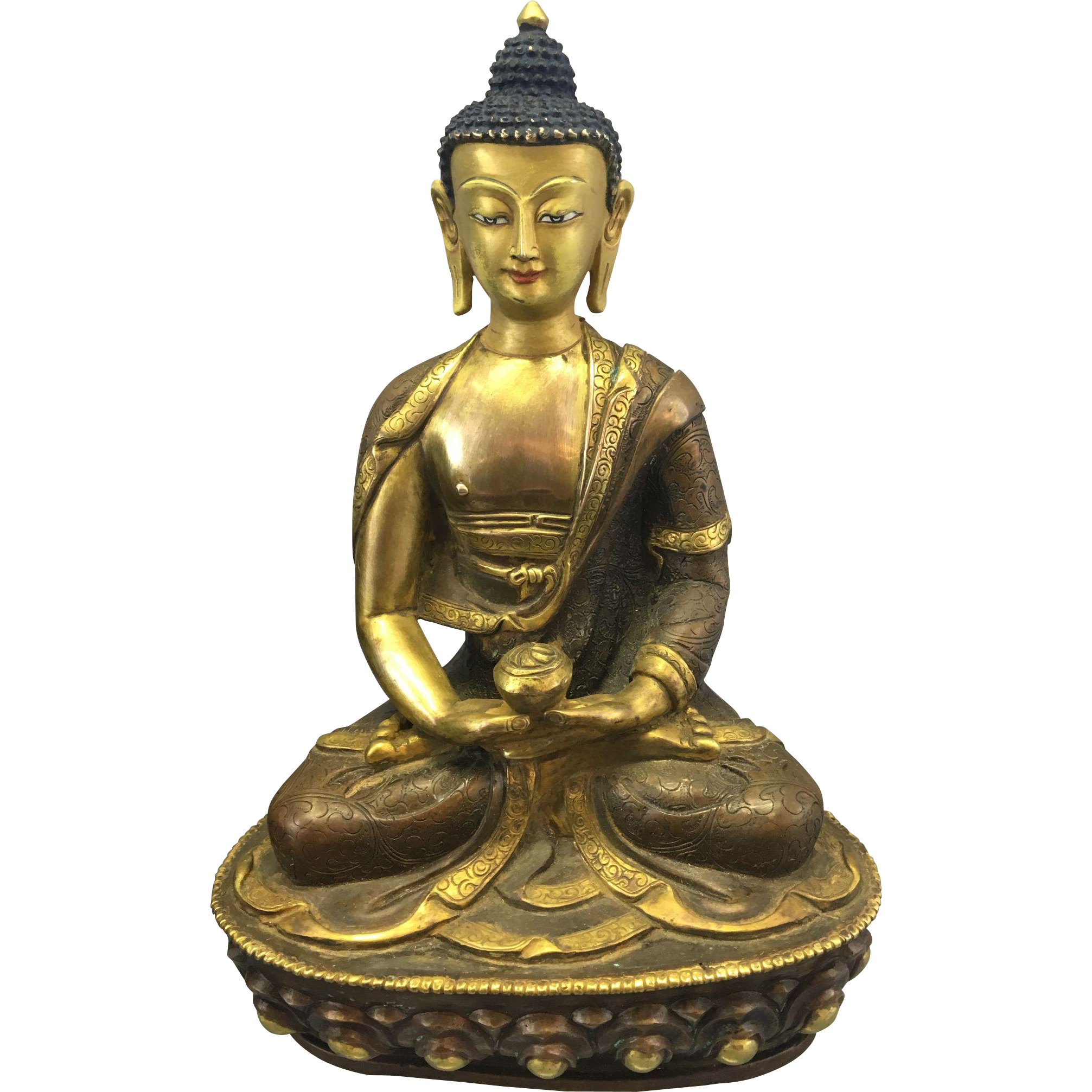Welcome to our fifth online suggested practise for this week. We are now broadcasting a live teaching each Monday evening. If you would like to participate please contact us using the contact form on the homepage.
1) If you feel so inclined, begin by reciting the usual prayers (please follow below links for text). Alternatively, try to think or articulate a wish for all beings to achieve liberation from suffering, etc .
- Four Thoughts: contemplating each in turn – http://northantsbuddhists.com/the-four-thoughts/
- Refuge Prayer: twice in Tibetan, once in English – http://northantsbuddhists.com/the-refuge-prayer/
2) Dharma –
2.1) Following on from last week’s teaching: Are you living two lives?
Example of Dzogchen Ponlop Rinpoche’s bogus phone call to members of the Denver sangha, pretending he was ringing from an Indian Call Centre selling subscriptions to a Denver Post newspaper: ‘Many of my students who were very good Buddhist Me’s at the dharma center, were very mean to me on the phone! Their Non-dharmic Me’s hung up on me many times. Some even said some nice words that I will not repeat. And then I called them all back and said, “I’m Rinpoche, trying to sell you the Denver Post.” Then they totally changed and became their Buddhist me’s.
The transforming trick of dharma practice
When our mind is disturbed with emotions, that is the very time when we need to apply the Buddha’s teachings on emotions being self-liberated. We bring our awareness to the experience of those emotions, we feel them, and then we let them go. As we keep practicing, gradually our Buddhist Me and our Non-Buddhist Me become one. There are no longer two me’s. When that happens, then we are successful on the path. Then our practice will bring a genuine result; it will definitely bear fruit. Liberation from our painful cycle of habits will come, without a doubt. Freedom will come, without a doubt.
You don’t need to lead two different lives, a life of dharma practice and a second life. That’s not going to help with getting unstuck from the usual cycle of habits. Don’t split yourself into two me’s, the dharmic me and the non-dharmic me. These two have to be merged into one. That’s the whole point of our practice. So when the opportunity arises, seize it! Interrupt the pattern and bring the dharmic wisdom to whatever “me” you are. That wisdom is transformative.
If we don’t transform, if we don’t change ourselves to become more positive and dharmic, then it is not possible for us to change others to become positive and dharmic. That’s the trick many practitioners like ourselves are missing. It’s a very important point to remember.’
————————————————————————————————————————————————————–
“The method for taking all situations as the path is to rest within the essence of the mind. Within our minds, there are three aspects: the way things appear, how they are confused, and the way they actually are.
We do not take our difficulties as the path in relation to how things appear or are confused, but in relation to how they actually are. We rest naturally within their nature — the clear and empty nature of the mind that is sometimes called the union of clarity and emptiness or the union of wisdom and the expanse. We rest within this, recognizing it.
When we take sickness as the path, we look at the essence of the sickness without altering it in any way and just rest naturally within that.
When we take the afflictions as the path, we just look at the essence of the greed, aversion, or delusion that has occurred. We do not follow the affliction or block it. We do not try to stop our thoughts. Instead, we look at those thoughts and at the afflictions that occur, and we rest naturally within their inherently empty essence.”
~ Khenpo Thrangu Rinpoche’s commentary on:
VIVID AWARENESS: The Mind Instructions of Khenpo Gangshar
————————————————————————————————————————————————
And Finally: Impermanence is everywhere, yet I still think things will last.
I have reached the gates of old age, yet I still pretend I am young.
Bless me and misguided beings like me,
That we may truly understand impermanence. ~ Patrul Rinpoche
The book mentioned in the broadcast teaching : Vivid Awareness: The Mind Instructions of Khenpo Gangshar – commentary by Thrangu Khenchen Rinpoche
2.2) Ajahn Brahm – A guided meditation on enjoying emptiness
